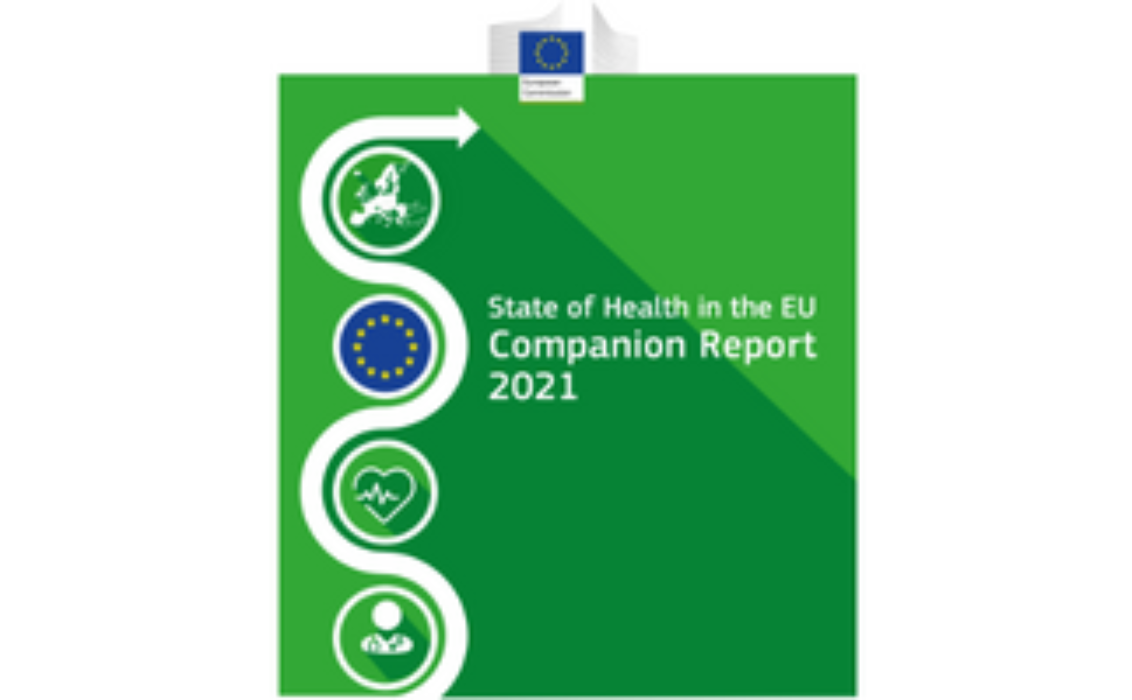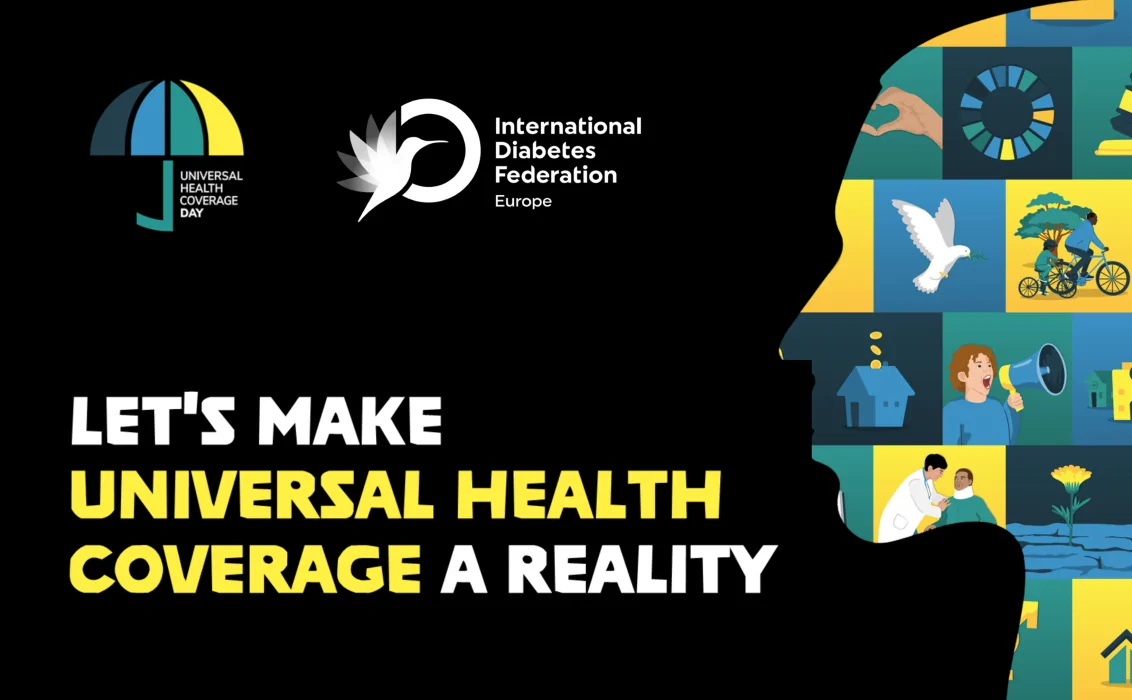European Commission DG SANTE, in collaboration with the OECD and the European Observatory on Health Systems and Policies, has now launched the 2021 edition of the State of Health in the EU’s Companion Report.
The report consists of two parts. Part 1 highlights some of the biggest trends in the transformation of health systems. The analysis focuses on European health systems’ resilience in the face of the COVID-19 pandemic and how the lessons learned during the health crisis can be used to build back better and fairer health systems. Part 2, the Companion Report, presents key findings from the 29 Country Health Profiles.
The study’s three main takeaways include:
- Understanding the far-reaching impact of the COVID-19 pandemic. The consequences of the COVID-19 pandemic are complex and its direct and indirect impact on the economy, society and health systems is not fully captured by current indicators. More data collection and analysis are required to build a full picture in the coming years.
- Locking in the advantages of digital innovation in healthcare delivery and public health. The uptake of digitalisation and digital tools for healthcare delivery was accelerated by the COVID-19 pandemic. This extremely rapid implementation of novel digital technologies in an emergency context has caused a number of challenges. Looking beyond the pandemic, there is a need to identify firstly, how the use of digital health technologies should be adjusted to serve a broader set of objectives and secondly, how to keep harnessing the positive power of digital health technologies.
- Rethinking health workforce strategies and planning after the COVID-19 pandemic. Long-standing pre-existing shortages of healthcare workers and their uneven geographic distribution became all too apparent during the peaks of the pandemic. The pandemic has also taken a severe toll on the mental health and well-being of healthcare workers. Continuous investment should be made in a sustained expansion of the health workforce together with investment in skill-mix innovations.
All of the above priorities are of critical importance to people living with diabetes (PwD), their families and carers. As people living with diabetes and other chronic conditions are most severely affected by the COVID-19 pandemic, both in terms of higher severity and morbidity and of the interruptions the virus brought to their care and treatment, it is crucial that we collect better and more standardised data to have an accurate picture of the full human, economic and societal impact the pandemic has had.
COVID-19 has also brought into sharp relief the different levels of digitalisation of healthcare systems across different Member States. Digitalisation opens the door to the deployment of the most advanced and innovative prevention and education initiatives, treatment and care practices for better health outcomes and optimised health systems. Increased digitalisation will not only help improve the quality of life of PwD and reduce the incidence of Type 2 diabetes, but it will also decrease the cost of diabetes-related healthcare expenditure, free up health system resources through lower diabetes incidence and fewer or less severe complications.
Lastly, investing in skill-mix innovations together with sustained expansion in healthcare workforce will pave way for multidisciplinary teams that are well structured, fully resourced, well-coordinated and better equipped to respond to the needs of PwD and ensure optimal effectiveness of diabetes care.
More information on the diabetes community recommendations to improve health outcomes and quality of life for PwD can be found in the Blueprint for Action on Diabetes in the EU by 2030.



